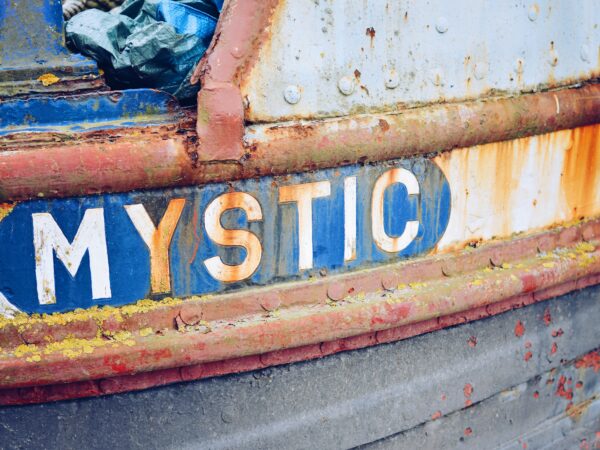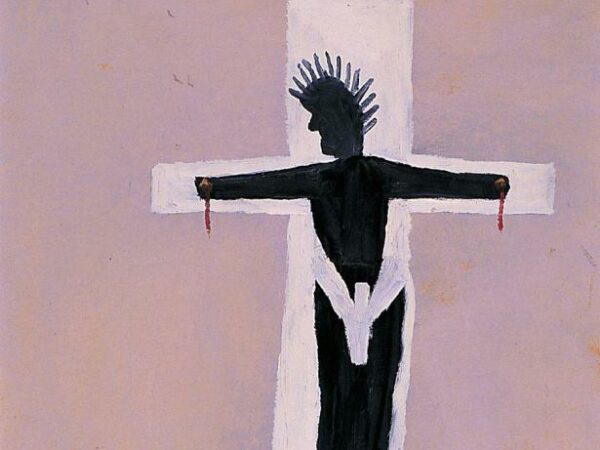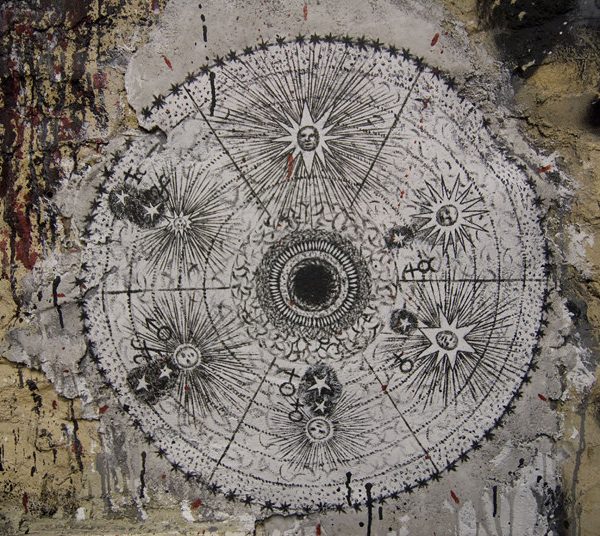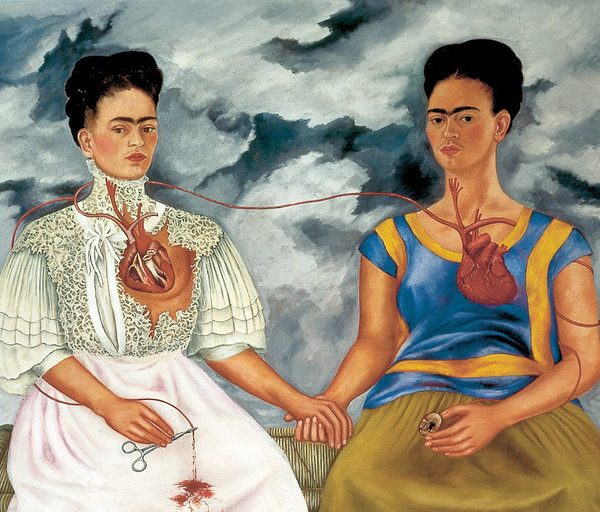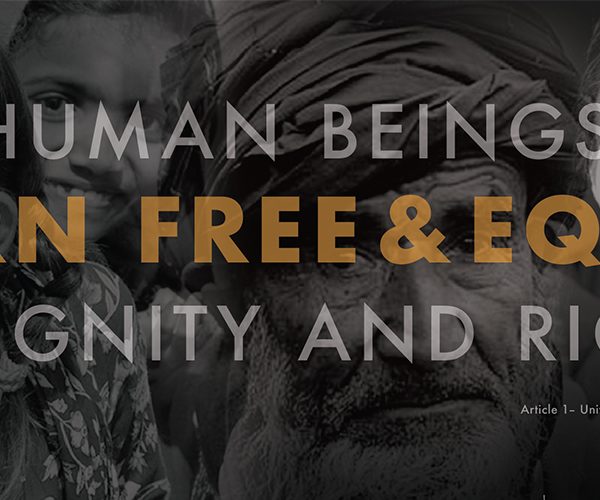
Stiegler argues that capitalism has now reached its limits and that the future of the planet in what he calls ‘control societies’ echoing Deleuze is open to question.

Blaming Covid 19 on the World Health Organization or on a lab in China and calling Black Lives Matter “radical leftist extremists” follow the American-populist playbook of responding to duress by targeting an alien “other” who have wronged “us” and whom “we’re” right to combat with force.
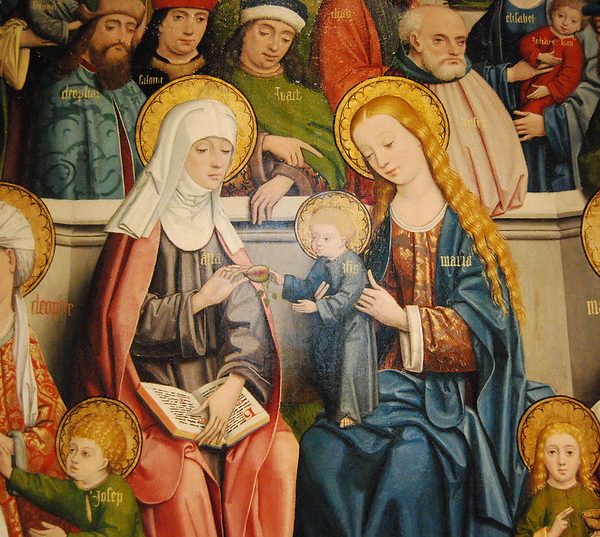
To become part of an institution as a member of a group which has historically been excluded from the university or from the discipline of theology is to be extremely conscious of the fragility of our survival within that institution, to feel the necessity of struggling against the forces of reproduction which conspire towards our ongoing exclusion.
